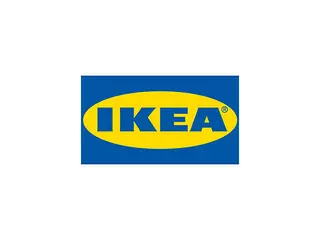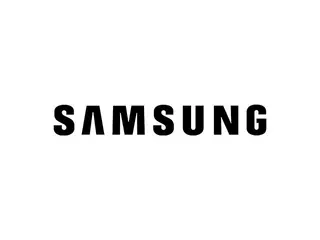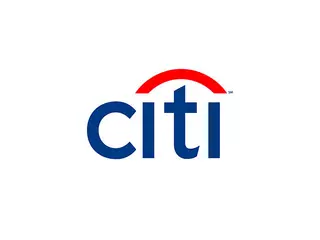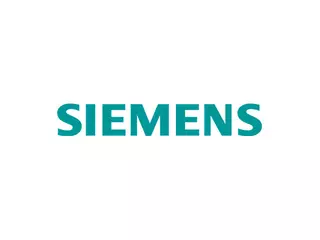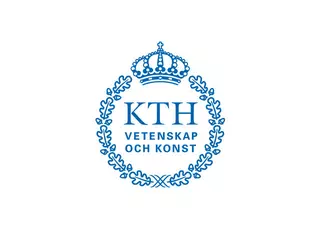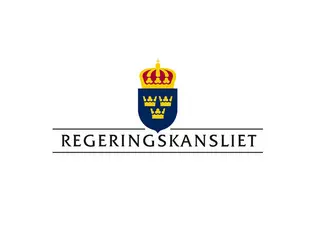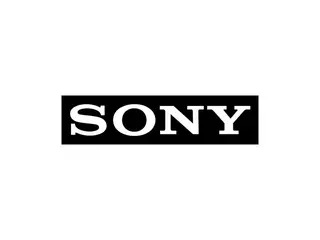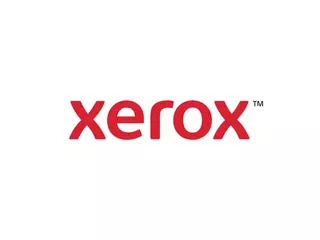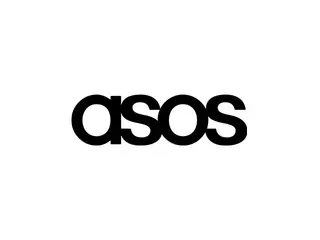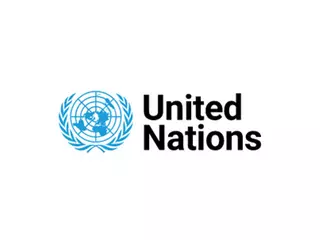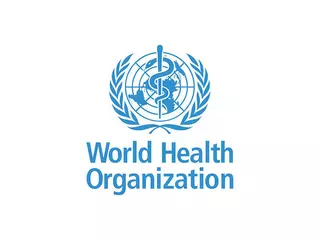What can I generally expect from a professional translator?
There are four specific requirements that must be met in order for a translator to be considered competent. Please note that this is a very subjective statement, and that there are a large number of highly skilled translators who do not meet our formal requirements. The following is simply the view of The Translator Group. In order for a translator to be competent in producing high quality translations, it is generally required that he/she:
- underwent a university education as a translator
- only translates within the subject in which he/she specializes
- only translates into their mother tongue
- lives in the country in which that language is spoken
Languages are continuously developing, and if you are not living in an environment in which the language is spoken, you cannot keep up with the language’s development. The fact that a university education and the habit of using academic language also improves the quality of a text is indisputable.
What is a specialized translation?
A specialized translation refers to a translation by a professional translator with specialized knowledge of the subject; i.e. specializes in a particular subject. A certified translator is expected to have specialized knowledge of law, for example, but they may be less suitable for the translation of a complex technical or medical text. If a text contains subject-specific terminology, regardless of the subject, it is important that the text is translated by a person who actually understands what they are translating.
Certified translation - can any translator call themselves a certified translator?
A certified translation means that it has been translated by a translator who has completed and passed a certification test set by the proper authority or organization, and has become a certified translator.
If the translation is provided by a Swedish, Finnish, Australian, French or German translator, it must be stamped and signed by the translator as proof that the translation is certified. If it is translated in the United States, Canada or the United Kingdom, it must be accompanied by an affidavit,in which the translator confirms, under penalty of liability, that the translation is correct, to the best of his/her ability. I.e. the certification itself is different depending on the country in which the certified translation is carried out.
When must I order a certified translation, and will it be accepted around the world?
Universities, authorities and courts always require a certified translation, but certified translations are also used in many other contexts, since the certification is a stamp of quality. Please note, however, that there can never be a 100% guarantee that a certified translation is completely error free.
Generally speaking, a certified translation made in a country is not valid in another without an apostille. The apostille only confirms that the translator is competent and certified, but it can also be used to confirm the authenticity of an authority’s document. Please note that it never verifies that the translation is correct. Apostilles are obtained from the Notary Public in Sweden, the County Administration in Norway, the District Court in Germany, but this varies from country to country.
Quality-assured translation
Choosing the correct translation agency and translator is crucial to achieving a good result. As mentioned above, the translator must have very good language skills and specialized knowledge in order to deliver high quality translations. The translation agency must ensure its quality assurance procedures at every stage; e.g. choice of translator (the most appropriate and not just the cheapest) for proofreading and graphic layout. Generally speaking, a translation agency that has striven to become an ISO 17100-certified translation agency and spent a lot of time and money on certification can say that it takes quality and quality assurance seriously. However, there are many agencies that say they live up to the requirements, which is good, but it's not the same as having to prove to a certification authority that you actually do, in all respects. An ISO certified translation agency also undergoes ongoing inspections by the certifying authority to ensure that the agency adheres to the regulatory framework dictated by the certification, and that the certification also meets the requirements. The supervisory interval for an ISO 17100-certified translation agency is a maximum of 24 months.
What does confidentiality mean?
Confidentiality refers to a prohibition against the disclosure of information. The prohibition applies to oral, written or other disclosure. 25 May 2018 saw the introduction of GDPR. The General Data Protection Regulation. The General Data Protection Regulation (GDPR) applies throughout the EU, and aims to create a uniform and equal level of personal data protection which does not prevent the free flow of data within Europe. Much in the Data Protection Regulation is similar to the rules previously contained in the Swedish Personal Data Act. A certified translator has, in accordance with Swedish law, a duty of confidentiality, and most companies and organizations established a confidentiality policy before 25 May 2018. By definition, an ISO 17100-certified translation agency provides a very high standard of confidentiality.
What does a professional translation cost, and why is it so expensive?
Einstein said, “Everything is relative,” and he was relatively clever. We contend that translation is not expensive, but actually incredibly cheap. Translating a text costs from EUR 0.12/word for a simple text from English to Swedish, to approx.: EUR 0.18/words for a certified translation in the same language pair. A translator working full time can translate approx.: 2,000 words/day, but no translator can fill every day, but rather 40% thereof. So now you can do the maths, and don’t forget to deduct employer contributions etc. when you calculate what a translator earns. I think you will thus agree - translation is cheap, and if you still think it is expensive, put your car in for a service or ask someone to paint your house.
Contacts and other questions
Contact us by email if you need more information.
The Native Translator is an ISO 17100 certified translation agency which specializes in providing quality translations and certified translations online.




